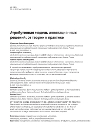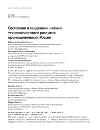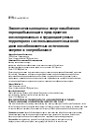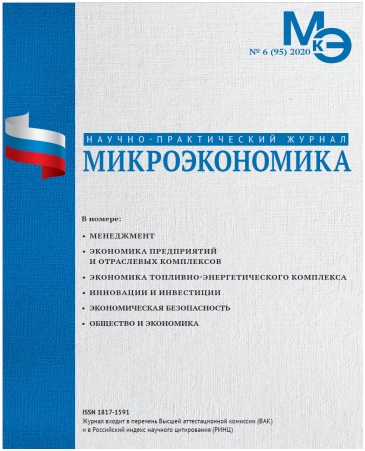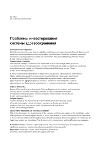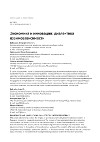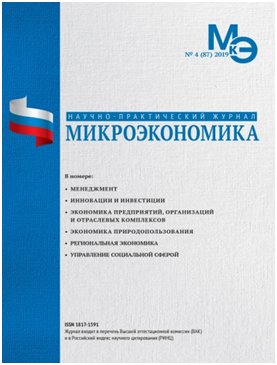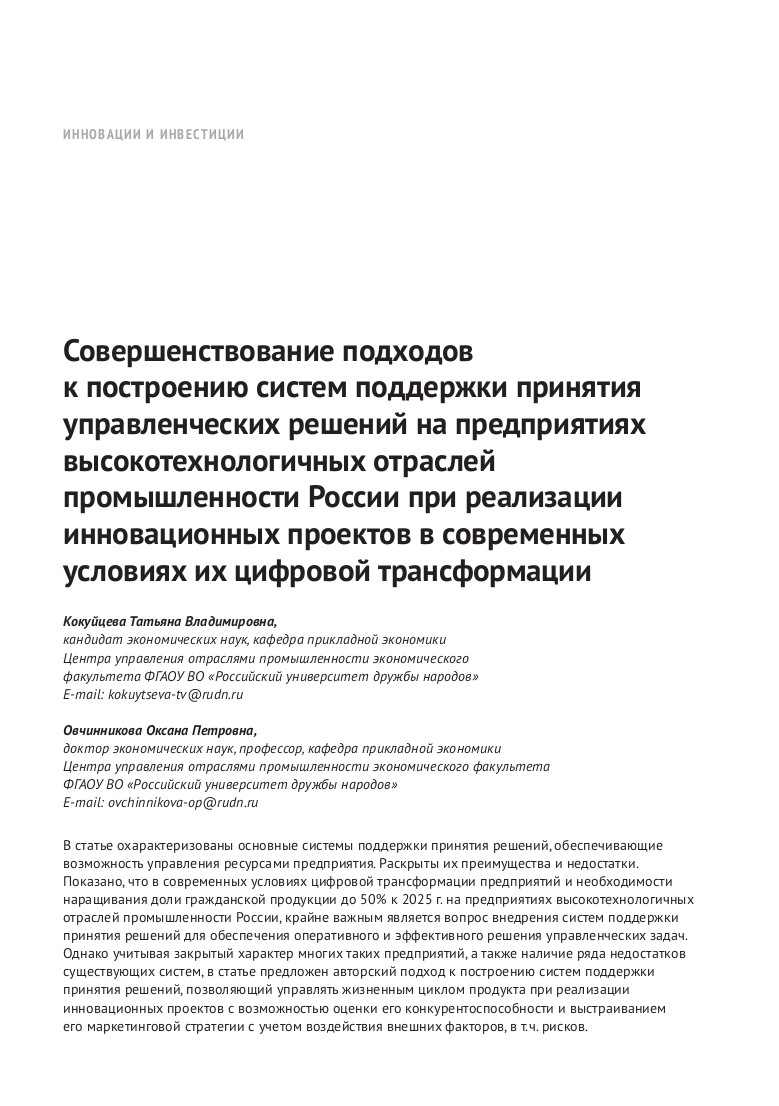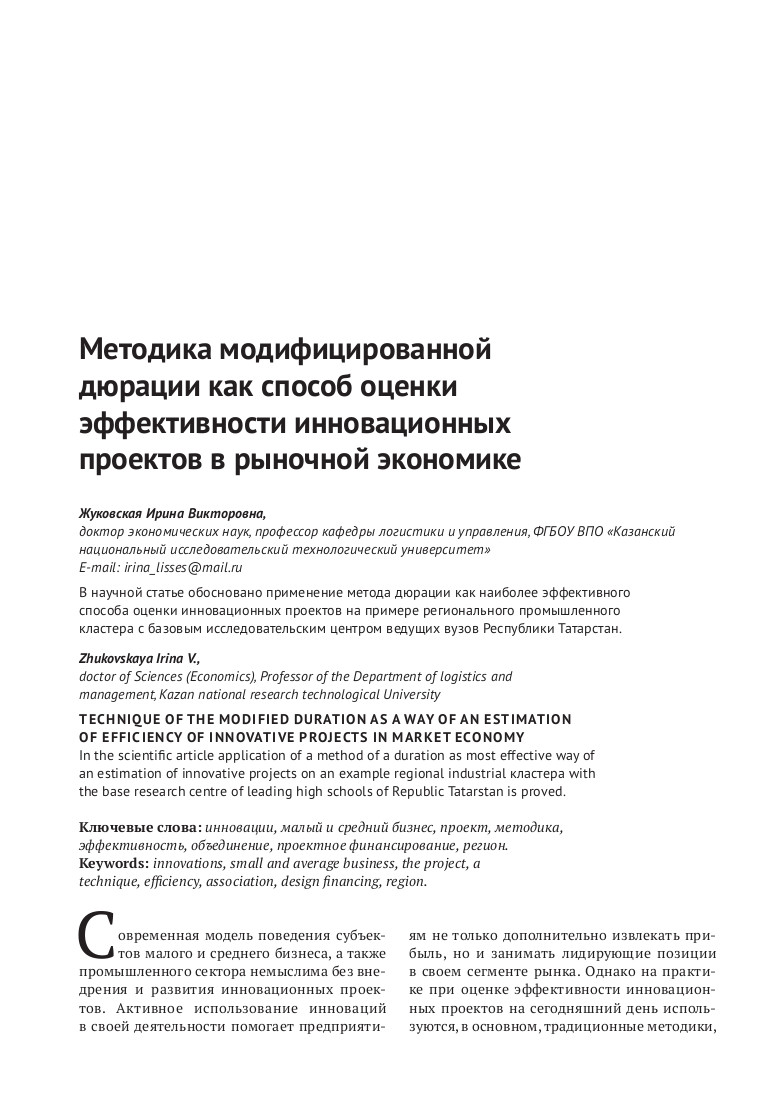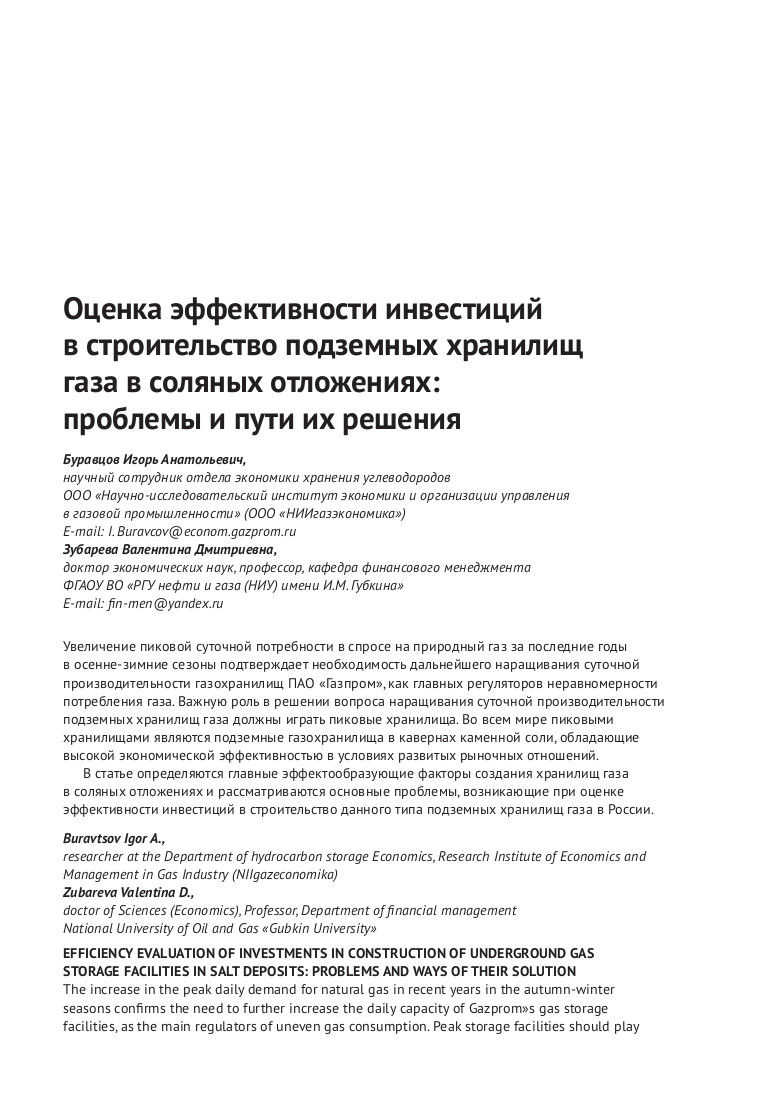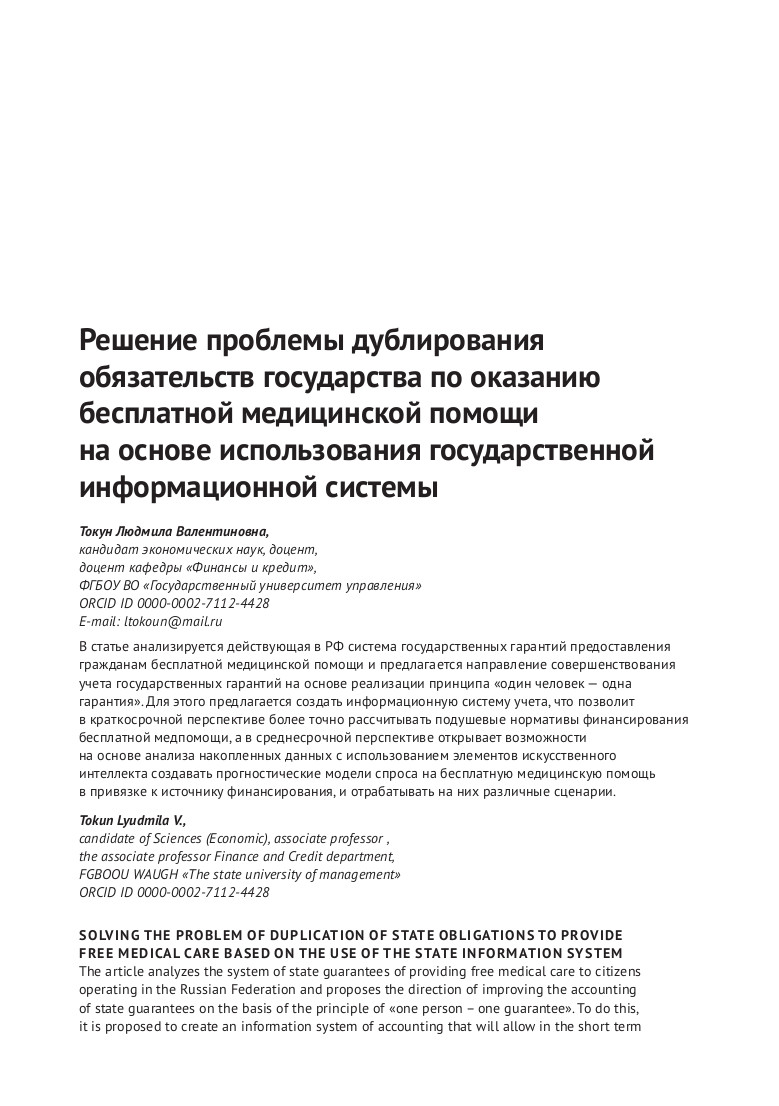
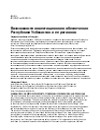
DOI: 10.33917/mic-5.94.2020.82-92
The article analyzes the current trends in the policy of investment support and its regional features. Conclusions are given on the level of development of the current state of investment activity in the Republic of Uzbekistan. The article analyzes the indicators characterizing the financial sources of investment in fixed assets: budgetary and extrabudgetary funds, investments guaranteed by the state, funds of enterprises and households, loans from commercial banks, foreign direct investment. As well as the results of investment activities in the regions of the country. Suggestions and recommendations are given to improve the efficiency of investment policy in the country. The results of the study can be used in the analysis and forecasting of structural changes in the country’s investment policy. It is concluded that investment support is a more voluminous economic concept than investment activity, representing a state of the economy, in which the possibility of satisfying the entire country is ensured. While investment support is a system and process that acts as a tool for achieving investment policy indicators. If it is organized correctly, then the conditions for sustainable economic development of the country and its regions are achieved.
Продолжить чтение



